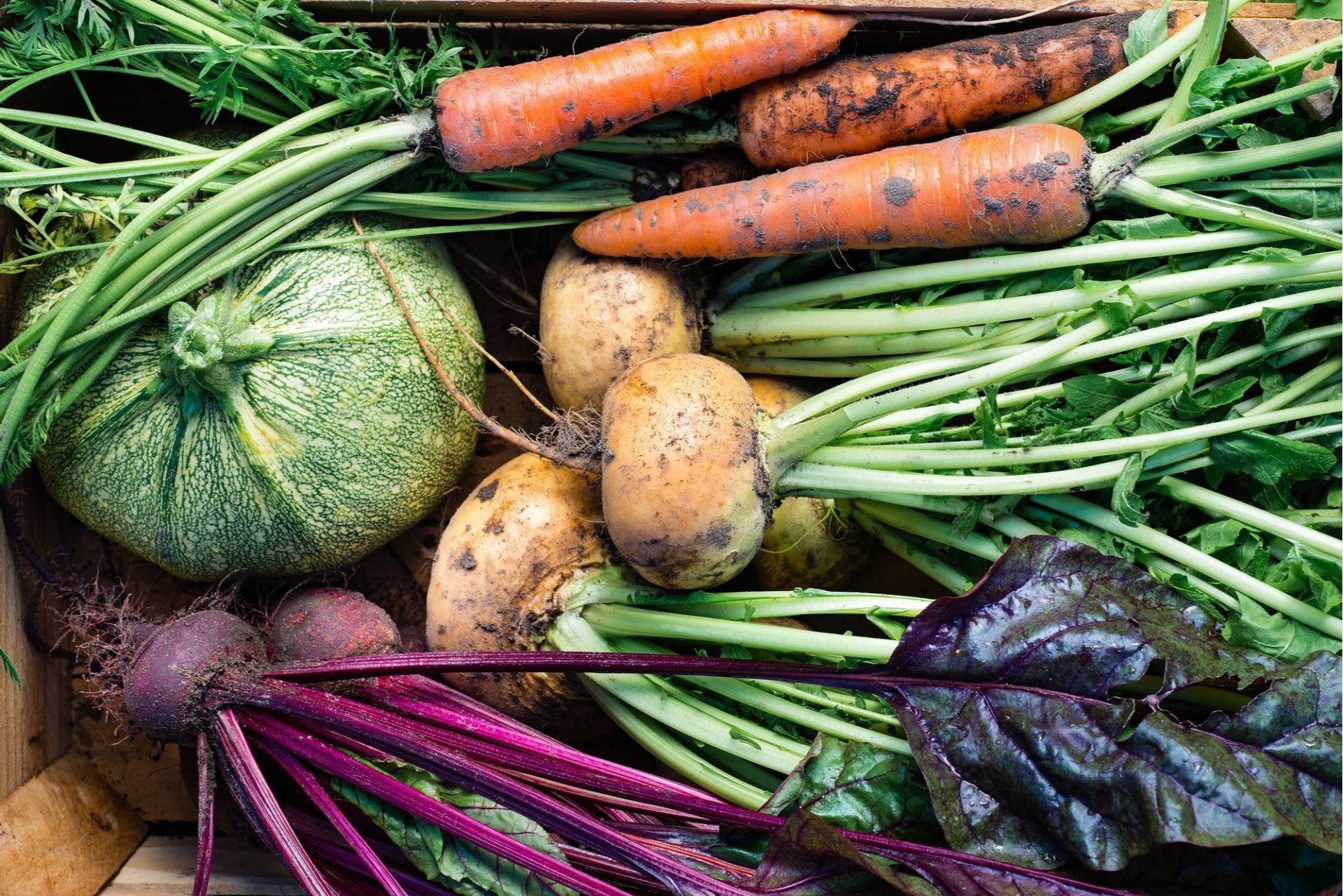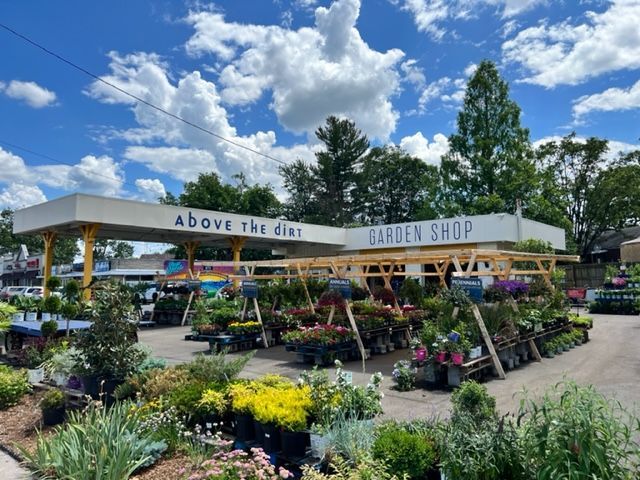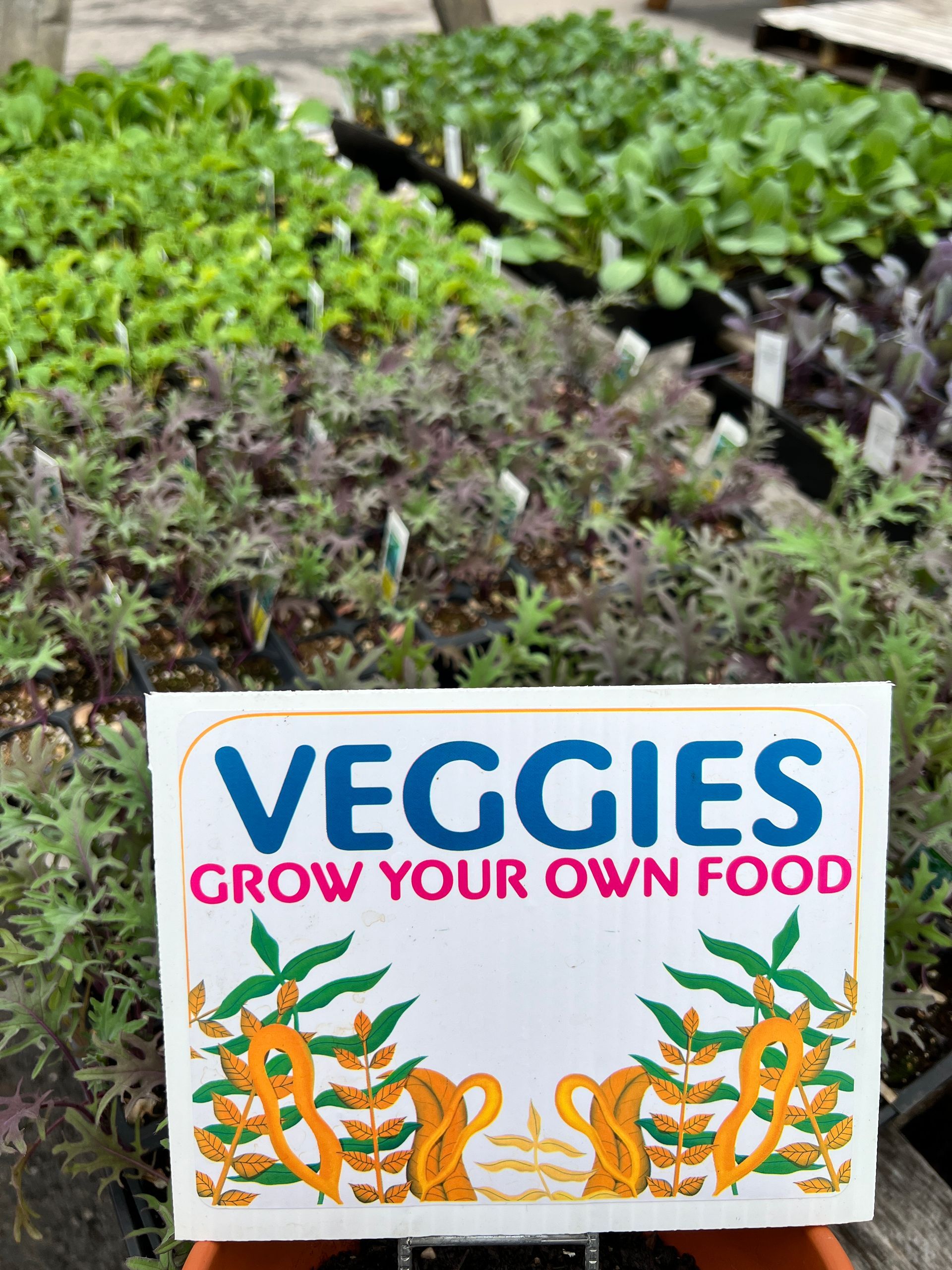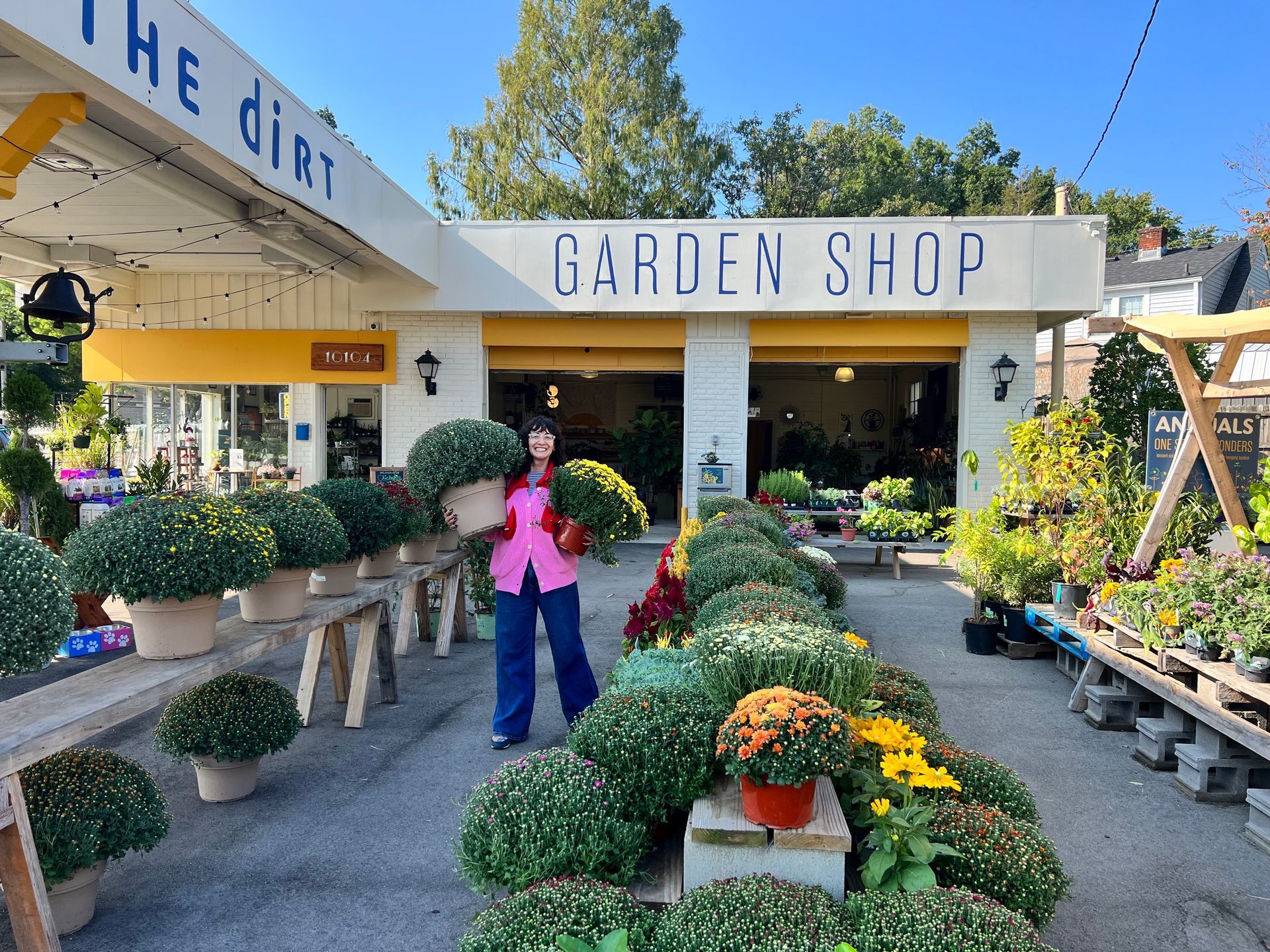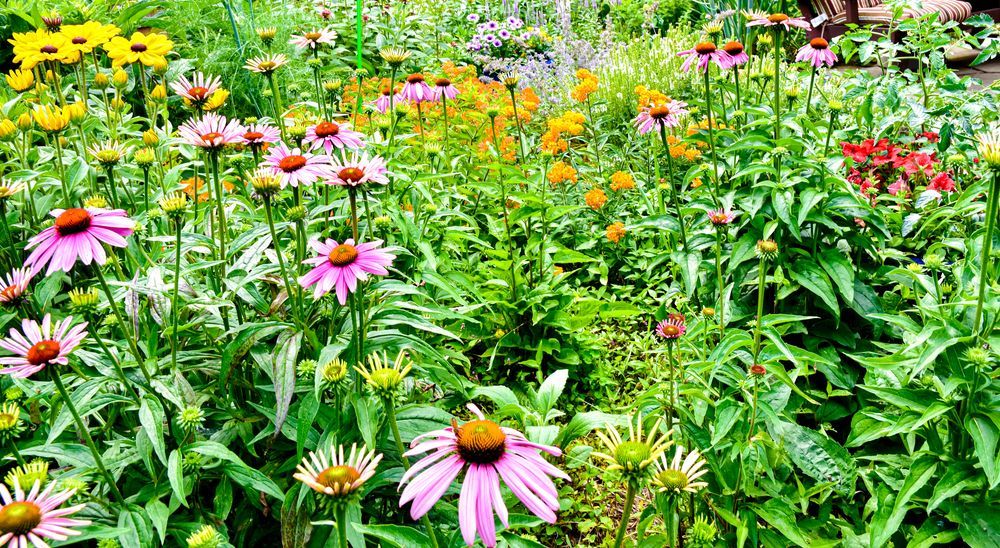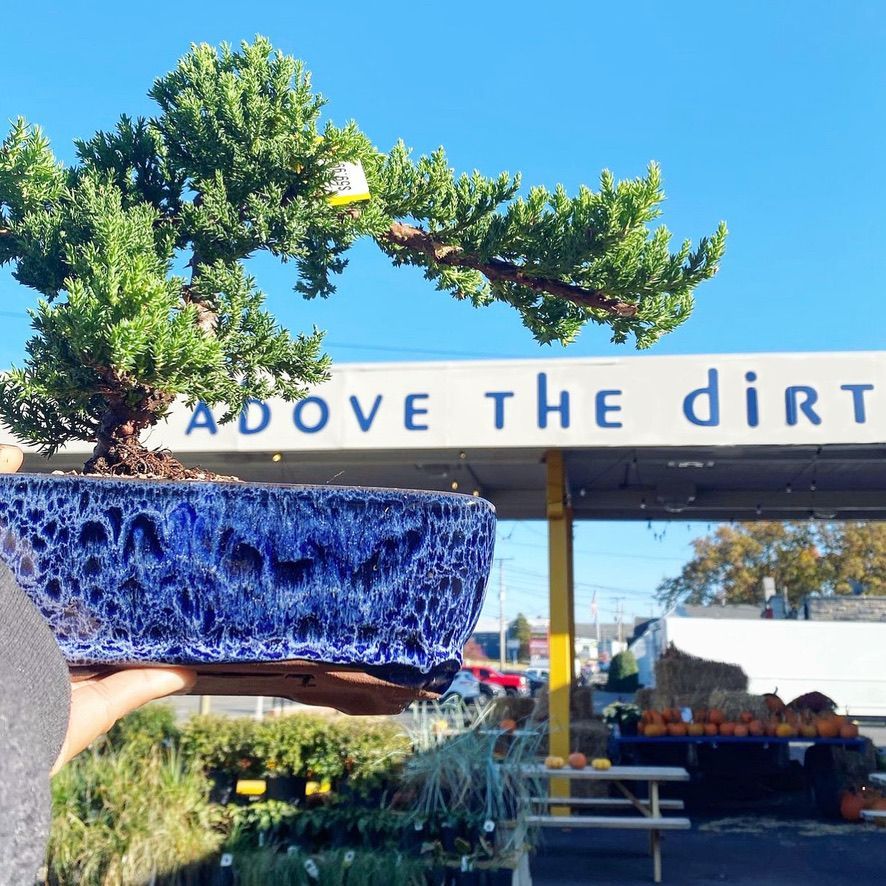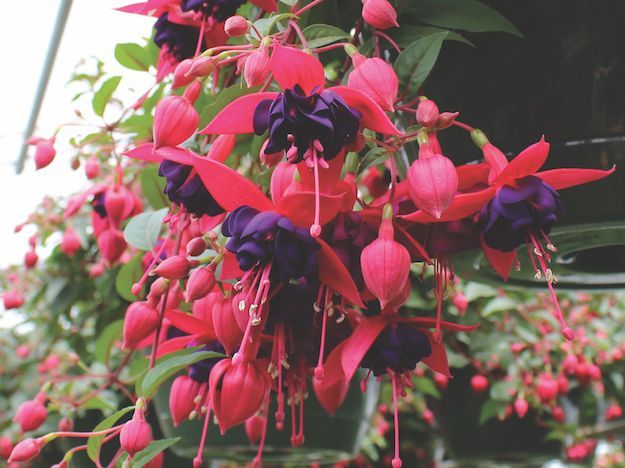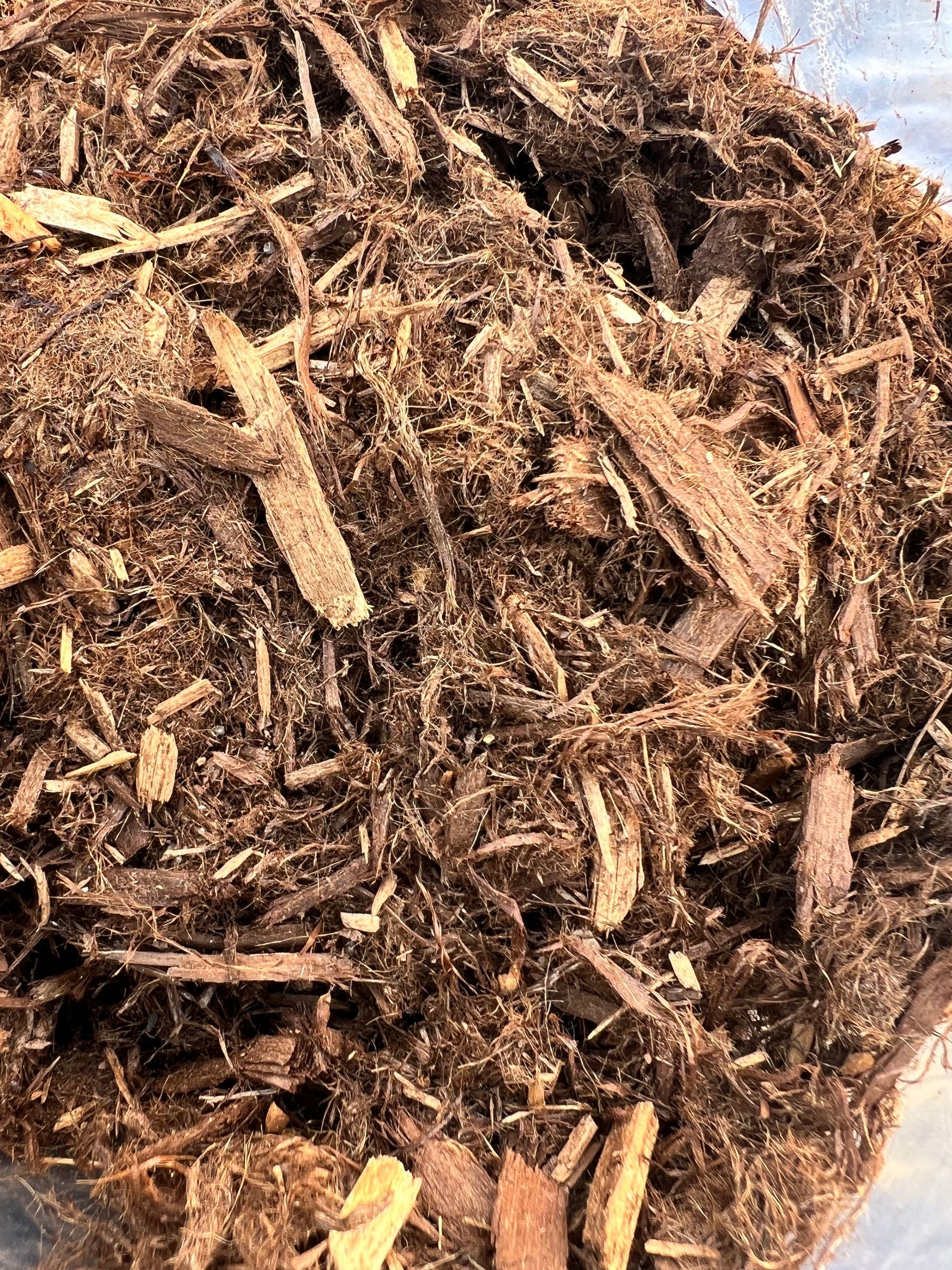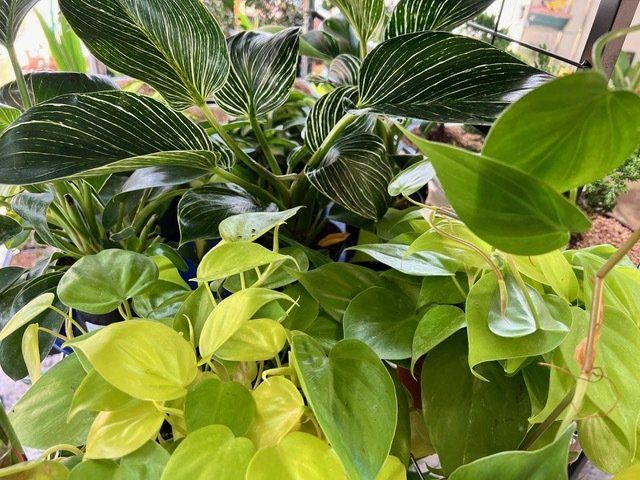POINSETTIAS AND PETS
DEBUNKING THE POINSETTIA MYTH
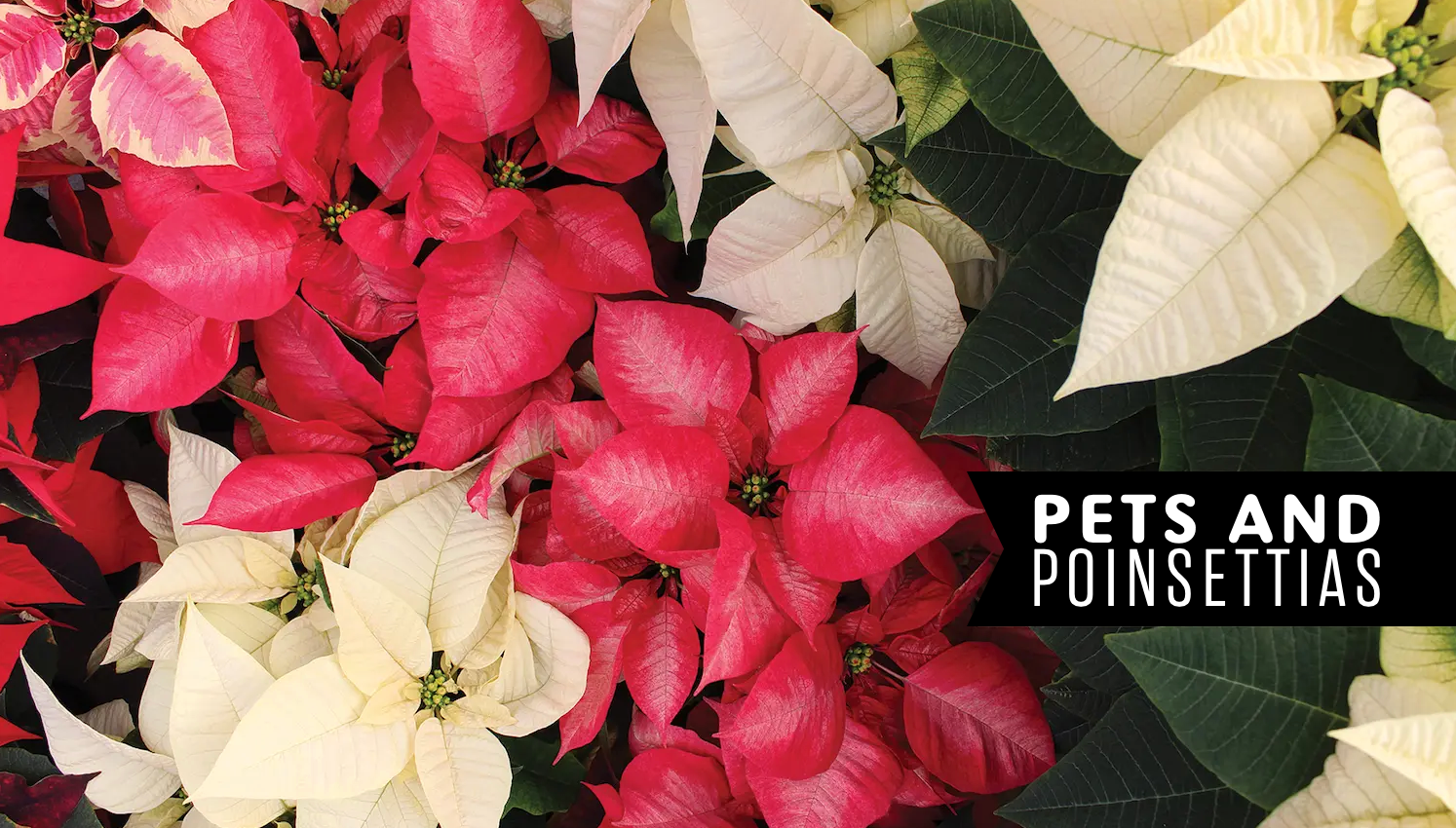
The Poinsettia Myth: Debunking Pet Poisoning Concerns
When it comes to holiday decorations, the vibrant red and green hues of poinsettias make them a popular choice. However, a persistent myth has circulated for years, suggesting that these festive plants are toxic to pets. Let's unravel the truth behind this misconception and explore why poinsettias are not the menace they're often portrayed to be.
The Myth Unveiled: Poinsettias and Pet Poisoning
The belief that poinsettias are harmful to pets, particularly cats and dogs, has been perpetuated for decades. Many pet owners avoid bringing these beautiful plants into their homes during the holiday season due to fears of potential toxicity. However, scientific evidence suggests otherwise.
Poinsettias: Not as Dangerous as Believed
Contrary to popular belief, poinsettias are not highly toxic to pets. The American Veterinary Medical Association (AVMA) and the ASPCA classify poinsettias as having low toxicity. This means that while ingesting parts of the plant may lead to mild gastrointestinal discomfort, severe poisoning or fatalities are extremely rare. You could compare Poinsettia to grass - if swallowed it will probably come back up.
Understanding Poinsettia Components
The misconception about poinsettias' toxicity may stem from the plant's milky, white sap, which contains chemicals called diterpenoid euphorbol esters. In some cases, contact with this sap can cause mild irritation, such as skin redness or itching. However, the ingestion of poinsettia leaves is unlikely to result in serious harm to pets.
Common Pet Poisoning Symptoms vs. Poinsettia Effects
It's crucial to differentiate between common pet poisoning symptoms and the potential effects of poinsettias. Typical signs of poisoning in pets include vomiting, diarrhea, lethargy, and difficulty breathing. In the case of poinsettias, mild irritation or upset stomach may occur, but these symptoms are generally self-limiting and not life-threatening.
Safe Celebrations: Keeping Poinsettias in Perspective
While poinsettias are generally safe for pets, it's essential to practice responsible pet ownership. Keep the plants out of reach, especially if you have a curious pet that likes to nibble on greenery. Additionally, be cautious with other holiday plants, as some, like mistletoe and holly, can be more toxic to animals.
Dispelling the Myth for a Merry Holiday Season
In conclusion, there's no need to banish poinsettias from your home this holiday season based on fears of pet toxicity. Understanding the science behind poinsettias and their low toxicity levels should bring peace of mind to pet owners who wish to enjoy these festive plants responsibly. With proper precautions, you can create a merry and safe environment for both your family and your furry friends.
I hope this helps clear up the misconception surrounding poinsettias and pets! Poinsettias are similar to grass - so if you let your fur-baby run around the yard without worry - you should be all good! But if you have a cat that eats everything - you'll get some vomit for sure. Have a very merry holiday season!
We will have hundreds of poinsettias to choose from at Above the Dirt Garden Shop. Red, white, pink, marble, and multiple size options. We will also have wreaths, live garland, Christmas cactus, and a ton of gift options!
